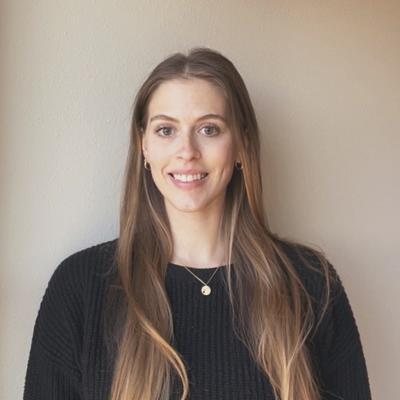Earth Lab’s Outreach and the Marshall Fire
Spreading the word about fire resilience
The Marshall Fire ripped through Boulder County on December 31st, 2021, leaving behind destroyed homes, blackened fields, and a community in shock. Like many others in the area, our team was deeply affected by this event. Many of us could see the smoke plume from our homes, and some lived in the affected area. We now drive past the burn scar on our way to campus on U.S. 36.

In the days following the fire, interviews with Earth Lab fire experts – including Jennifer Balch, Natasha Stavros, Chelsea Nagy, Adam Mahood, and Phil Higuera – were featured in over forty media outlets. As researchers with expertise on the drivers and patterns of fire in the US, it is our duty to communicate our knowledge by fairly and accurately describing what we know about the conditions that lead to fires like the Marshall Fire. While we hope to avoid any tragedy like the Marshall Fire again, we take pride in our ability to provide knowledge and tools to our community and spread the word about fire resiliency on the Front Range and beyond. Earth Lab, CIRES, and CU Boulder joined others to rapidly provide critical information and resources to citizens that resulted in a forum organized by the Natural Hazards Center, presentations to CO agencies' staff and congressional representatives, and guidelines for mitigating smoke impacts indoors, among other efforts. This event has also strengthened our resolve to keep learning about fires and other extreme events that threaten communities.

Dr. Natasha Stavros discussing the nature of the Marshall Fire with Newsy on 1/3/22.
View and read about some of our interviews with the press at the links below.
Colorado fires: Hundreds of homes burn in ‘fast-motion’ disaster (Aljazeera)
Colorado Fires Show Need for More Fire-Resistant Homes (NBC Universal)
Climate change, new construction mean more ruinous fires (AP)
Scientist says climate change worsened Colorado fire (Reuters)
After Catastrophic Fire, Colorado Fights a New Hazard: 10 Inches of Snow (New York Times)
Fires outside Denver were the most destructive in Colorado history (NPR)

Dr. Jennifer Balch interviewing with NBC Universal (1/3/22) in the wake of the Marshall Fire.
Key Quotes:
“Climate change is helping to set the stage. We came into a fall and winter that was the warmest on record going back to the 1960s, and that primes our landscape for ignition and for burning.” - Dr. Jennifer Balch, NBC Universal
“This is actually the first time that, in my over 10 years experience, I have ever felt comfortable saying that this is a climate fire” - Dr. Natasha Stavros, Axios Today
“We need to think about how we build into flammable places … it costs just about as much to build a fire-resilient home today as it does to build one that’s more flammable” - Dr. Jennifer Balch, NBC
“Do you think there’s reason to believe what happened in Colorado can and will happen again somewhere else?”
“Yes absolutely … That’s my biggest fear as a scientist is that we’re going to see more destructive wildfires like this and we’re going to see more deadly wildfires. I was expecting another Paradise here in Colorado.” - Dr. Jennifer Balch, NBC
“It’s really hard … that sentiment [in the movie Don’t Look Up] where you’re just screaming at the world, ‘We have a problem, we need to change the way we’re using fire on the landscape’, saying that message over and over again and not being heard is emotionally draining.” - Dr. Natasha Stavros, Axios Today


